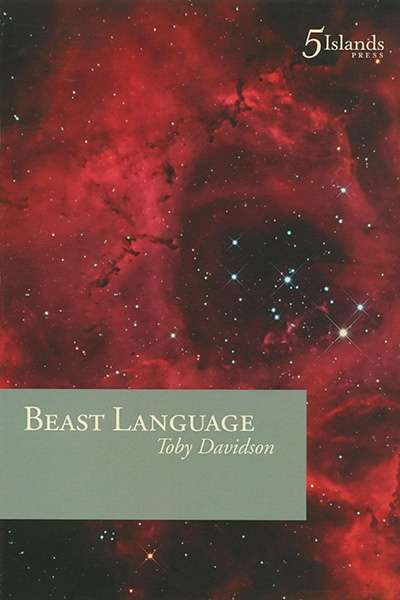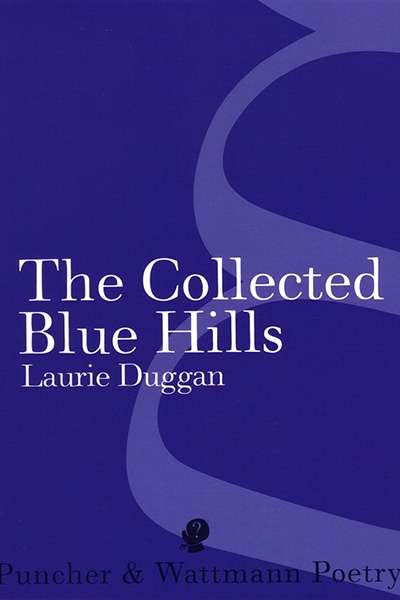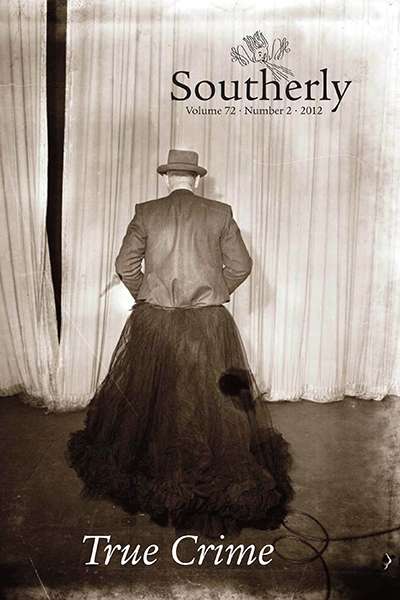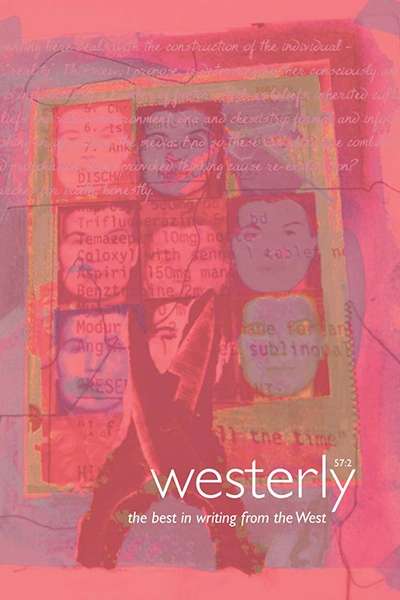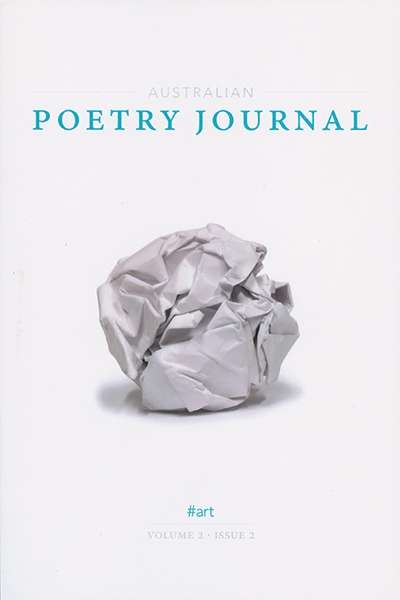Poetry
There are some poets whose works only seem to come alive when seen in the light of their other poems. Andrew Sant may well be one of these. A Sant poem, read on its own, can often seem thoughtful but rather lightweight; embedded in one of his books, given a context by the surrounding poems, it becomes animated by a set of consistent themes and obsessions.
... (read more)‘Poetry is a long apprenticeship,’ says Toby Davidson at the start of his first collection. He is certainly a poet who has mastered far more than the basics. Beast Language is only seventy-seven pages long, but feels far more substantial. Davidson has travelled a long way: from west coast to east, from novice to scholar ...
... (read more)In The Resistance to Poetry (2004), James Longenbach claims that ‘Distrust of poetry (its potential for inconsequence, its pretensions to consequence) is the stuff of poetry.’ The Australian poet Laurie Duggan has based a career on a creative distrust of poetry, or at least a certain kind of attitude to ...
... (read more)The critical essays collected in this current issue of Australia’s oldest literary journal make for frustrating reading. The theme is true crime, with a focus on the relationship between the sensational and the literary. Topics range from Underbelly Razor to the Jerilderie Letter to Schapelle Corby’s autobiography. Fascinating material, no doubt, but most of the contributions fail to engage and feel more like mutilated book chapters or hurriedly swept-together research notes, characterised by erratic analyses and flabby prose.
... (read more)Westerly Vol. 57, No. 2 edited by Delys Bird and Tony Hughes-d’Aeth
‘Tell me about it: you can trust me. I’m a writer.’ This ‘cautionary joke’ – one of few in this sober volume – cited in an essay by Frank Moorhouse, could be an epigraph for the latest Westerly. Editors Bird and Hughes-d’Aeth asked a selection of writers to share their thoughts on the ethics of writing. The ensuing essays include depictions of the past and of family in non-fiction, and play off each other interestingly. Kim Scott, Tiffany Shellam, and Clint Bracknell reflect on the Indigenous experience of colonisation. Scott offers a letter of sorts to an unnamed prison inmate, the result characteristically self-reflexive. Shellam delves into the archives to deconstruct the ‘friendly frontier’ trope, and Blaze Kwaymullina, in a metaphorically laboured appropriation of an appropriation, builds poems from the rearranged words of colonial archival documents.
... (read more)I wish I had been painted by Millais. Maybe not as Ophelia in a tepid bath.
Perhaps as Lady Macbeth. Or Titania. Or Portia. Not Brutus’s Portia. Portia from
The Merchant of Venice. I used to make you sit on a little wooden stool and pretend
you were painting me. Stroke after stroke rasping against the canvas. I would
It’s simple. A young woman, her love for her partner slipping away, looks at their suburb, and him, and their relationship, and writes bronze-clad poetry about it. Then she takes to the bush, describing its towns and picking at its history with the same clear eye she uses to examine her lost love. She combines a photographic exactness with a resounding turn of phrase and an ability to use a refrain just enough and no more.
... (read more)Simonides of Ceos is said to have declared that ‘Painting is mute poetry, poetry a speaking picture.’ All of us know something of what he means, about our thirst for information from the arts: and, if you like, our scrabbling for the visible within a text. One half of his mirrored pronouncement is verified by those people who, in an art museum, hurry to the curatorial information alongside a picture. They want to discover what the painting is about. But the sought-after ‘aboutness’ keeps slipping away from the viewer, much as the point – but is it a point? – of a poem does.
... (read more)The camera ottica in the epigraph to Hotel Hyperion alludes to Lisa Gorton’s artful play with shifting perspectives in this luminescent collection of poetry. The reader is invited to put her eye to the lines of poetry as if to a Galilean telescope or ‘perspective tube’. By looking at the poems through the peephole as ...
... (read more)Australian Poetry Journal, Volume 2, Issue 2 edited by Bronwyn Lea
Australian Poetry Journal, the flagship publication of Australian Poetry, contains a veritable who’s who of Australian poets. However, this doesn’t mean that the journal is part of the poetry gangland to which some other contemporary Australian journals belong. This is a testament to editor, Bronwyn Lea, who must disappoint many poets – possibly even poet friends or acquaintances – in order to maintain the journal’s impressively high standard. While there are a bevy of famous names on the contents page, Australian Poetry Journal only publishes the best work from these poets and scholars. But it is not just a journal for established poets and poems; emerging poets Davina Allison and Carmen Leigh Keates effloresce in this vaunted company.|
... (read more)


